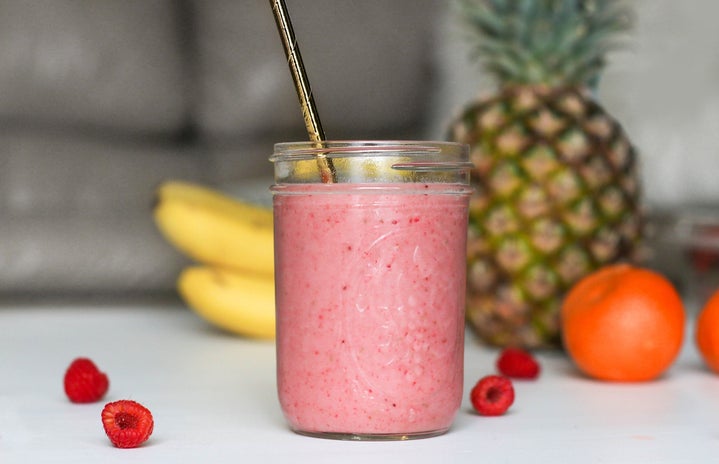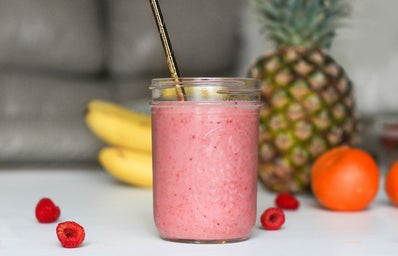About a week ago, I received an email from Associated Students at UCLA regarding a press release for the beginning of the school year. The headline read: “UCLA Student Union kicks 2022-2023 year off strong with student-centered programming, services, spaces.” Honestly, I had to laugh. While this school does provide access to a ton of resources, I wouldn’t say that the goals of the university always align with the wants or needs of the students. This email was chuckle-inducing because, if anything, UCLA has started off the year prioritizing its publicity and, in an unusual turn of events, robot smoothies.
The Jamba Juice in Ackerman Union closed a bit ago; I don’t think it’s been open since COVID. It just reopened this year as Jamba by Blendid, and it operates a bit differently than what we’re used to. The smoothies are all made by a robot. In the student union. Where most of the jobs are for students. It’s fully automated, and you can order either at the kiosk tablet or on your phone. It apparently also dances when it has some free time.
I initially thought that this whole robot-making-smoothies ideas was intriguing but a little upsetting, considering there is not a shortage of students who could benefit from more employment opportunities offered by the university. And then I read more about it. Vipin Jain, the Co-Founder and CEO of Blendid, had some good insights: “‘It is not taking away jobs, it is fulfilling jobs that cannot be fulfilled… It never has a bad hair day, it never throws a tantrum, it never takes a sick day, it’s always there to entertain and serve you.’” I mean, first of all, that’s a bit insulting, but it’s also just not true. When I toured UCLA as a high school student, my dad and I stopped in Jamba Juice before we went home. I got a great smoothie, made by a person. So, these are jobs that have been successfully fulfilled by students (actual people!) in the past.
Jain’s statements reflect an elitism or entitlement that immediately made me ask my roommate how his PR team let him say these things. He claims in other interviews to be motivated “to make fresh and nutritious food options more accessible,” which is a great goal, but what about the students who could’ve used a job on campus to provide for their meals and other expenses? Moreover, many of the robots operate in other college campuses, malls, Walmarts and overall places that are more accessible to those without work experience or a traditional resume. For the love of all that is good, JUST LET PEOPLE GET JOBS AND SUPPORT THEMSELVES.
The smoothies are still either $5.97 or $6.47 according to the app, so with tax that still comes out to around $7.00. At a regular Jamba, a small Caribbean Passion® smoothie is $6.99. Not to mention the fact that the kiosk costs $100,000 plus 20% of sales for licensing fees. The cost to pay a student worker minimum wage ($16.25/hr) at the max amount students at ASUCLA are supposed to work (20hrs/week), if the student worked 52 weeks in the year, would be around $17,000 per student per year ($16.25/hr * 20 hrs/week * 52 weeks = $16,900).
So while this robot has been hailed as some great advancement in food preparation, I can’t say I’m at all convinced. Maybe if the robots become sentient they can unionize?

